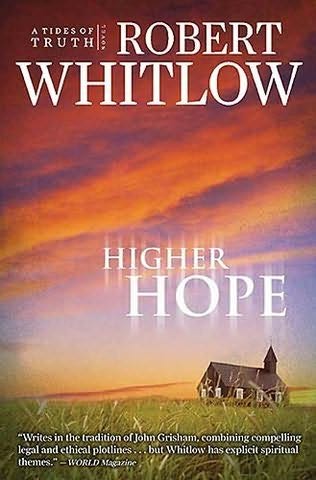Reasoner's premise is that Romans interpretation is moving in a "full circle" from Origen, who focused especially on the relation of Jew and Gentile in the letter, through Augustine and the focus on the individual, through Luther and a focus on Justification, through Barth and a focus on God and his righteousness, and back through the new perspective and narrative approaches to the relation of Romans to Israel's story and the role that the relation of Jew and Gentile plays in the structure of Paul's argument.
This attention to the original setting, he asserts, is leading readers back toward Origen. He concludes, "These approaches include reading both Christ's faithfulness and faithfulness in Christ as in view in Romans 3, a willingness to discus the universal scope of Christ's obedience at the end of Romans 5, reading the ego of Romans 7 as someone who is not fully in Christ, insisting on a human will whose free choices have real consequences in the order of salvation . . ., viewing ethnic Israel as God's chosen people (Romans 9-11), and reading 13:1-7 with deconstructive strategies that emphasize how believers must not always be subject to the government" (145).
Though he doesn't explicitly set out to evaluate or contextualize the "new perspective," I think Reasoner's survey shows how many parts of the "new" perspective are in fact quite old, giving pause to the oft-leveled criticism that the new perspective is taken with "novelty." Like I mentioned, this book doesn't set out to advocate or criticize the new perspective, but it does provide some important material for the debate.


